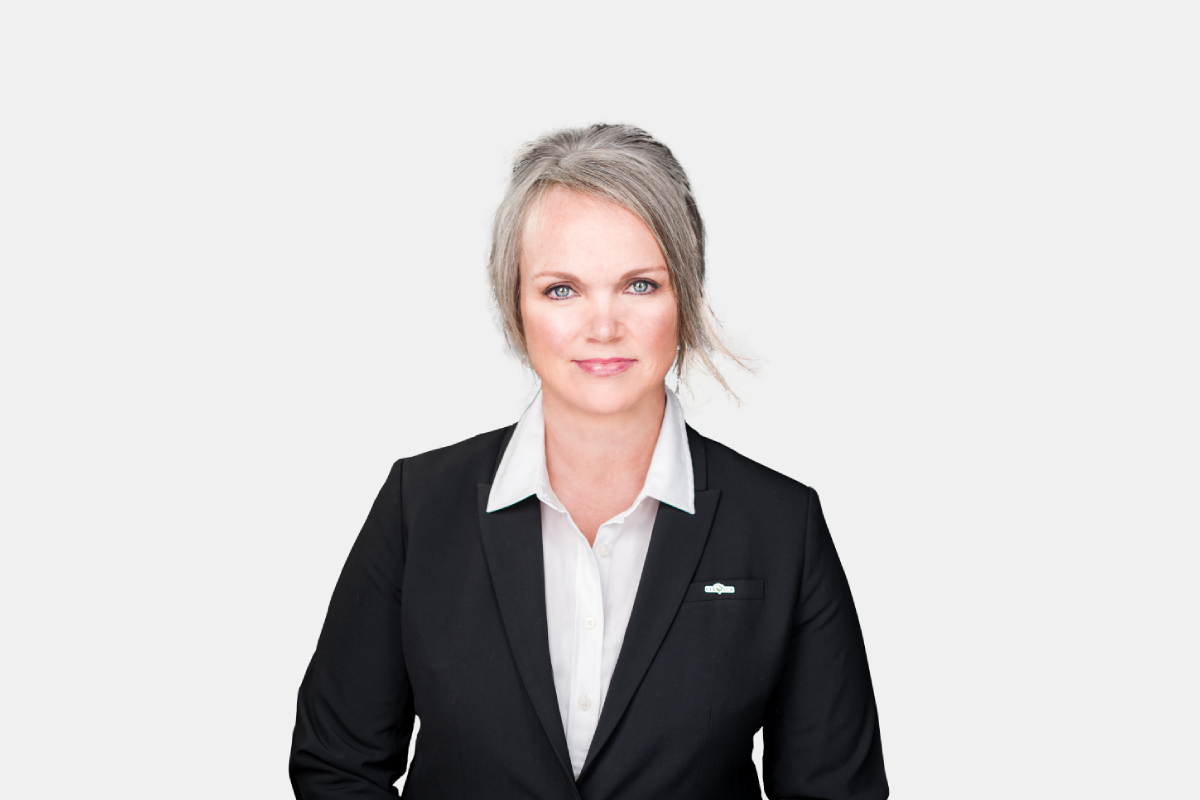Profit is no longer the sole driving force for many corporations. Over the last twenty years, B Corporations — or simply, “B Corps” — have grown from less than 100 in the late aughts to more than 4,065 Certified B Corporations around the globe today. Though innovation and growth are no strangers to business, B Corps go beyond just keeping these as their bottom line by having an equal focus on environmental and customer values, along with profits.
The United States Small Business Association separates corporation business structure into five categories: C Corps, S Corps, B Corps, Closed Corporations, and Non-profit Corporations. A B Corp is similar to a C Corp in that they are both for-profit corporations that abide by the same taxation structures. Unlike a C Corp, a B Corp is driven by both profit and purpose. Shareholders ensure that each B Corp is acting with transparency and accountability in their unique mission to contribute to the public good. Though there are third-party services that will certify companies as B Corps, meeting individual state requirements is the only necessity for legally operating as an official B Corp.
The concept of a B Corp was created in 2005 by the former founder of AND1 (an American footwear and clothing company), Jay Coen Gilbert. He sought to start an organization that would allow businesses to apply for a special designation that would hold them accountable for the way their operations impacted the world. Coen Gilbert created the B Lab where companies could become certified as “benefit” (B) corporations.
These certified businesses still seek to maximize profits but are legally required to do so while ensuring that they minimize their negative impact on everything, from their employees and suppliers to their communities, customers, and the environment. Shareholders, opposed to stockholders, monitor these businesses, and help them achieve a balance of profit and purpose.
It’s no surprise that the number of B Corps has grown exponentially over the last decade. With consumers increasingly supporting companies that take an active role in limiting the negative impact of capitalism on a global scale, more and more businesses are seeking out B Corp certification. Some of the best-known B Corps include the outdoor clothier Patagonia and South Mountain Company, one of the top-ranked award-winning B Corporations. Natura & Co. is another notable B Corp as they were one of the first publicly traded corporations to earn B Corp status.
One interesting exception is that a large corporation or conglomerate can have B Corp subsidiaries, even though the parent company itself doesn’t hold B Corp certification. For example, Unilever is not a certified B Corp, but it does own Ben & Jerry’s and Sundial Brands, both of which earned B Corp certification.
Consumers have made it clear that championing causes like sustainability, environmentalism, and human rights is not a trend of the times. As customers hold their suppliers and servicers accountable for their operations, businesses will continue to assume a role of responsibility by seeking out B Corp certification. In a world where capitalism is substantially reducing natural resources, B Corps are ready to prioritize people and purpose alongside profit — and officially admit that money isn’t everything.
Nick Dauk | Contributing Writer




















